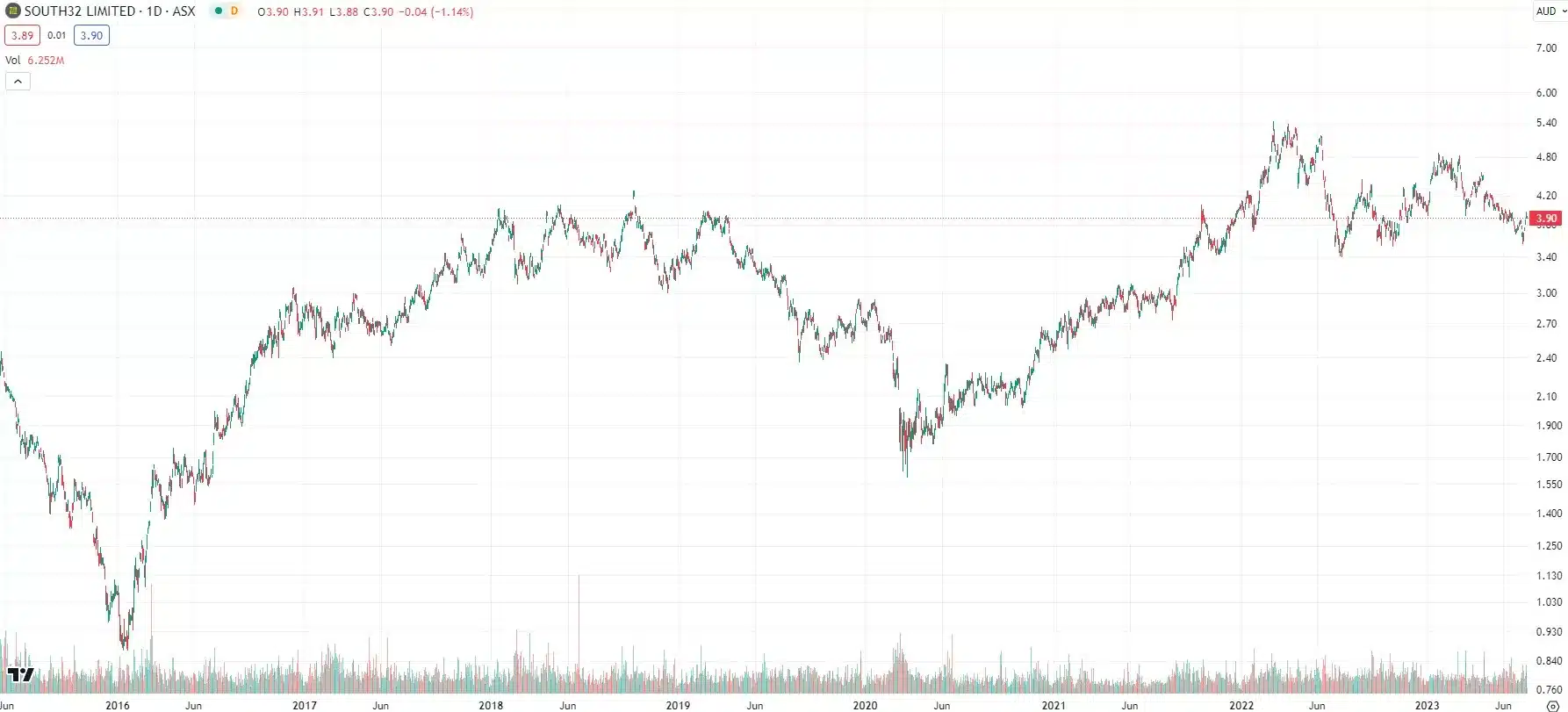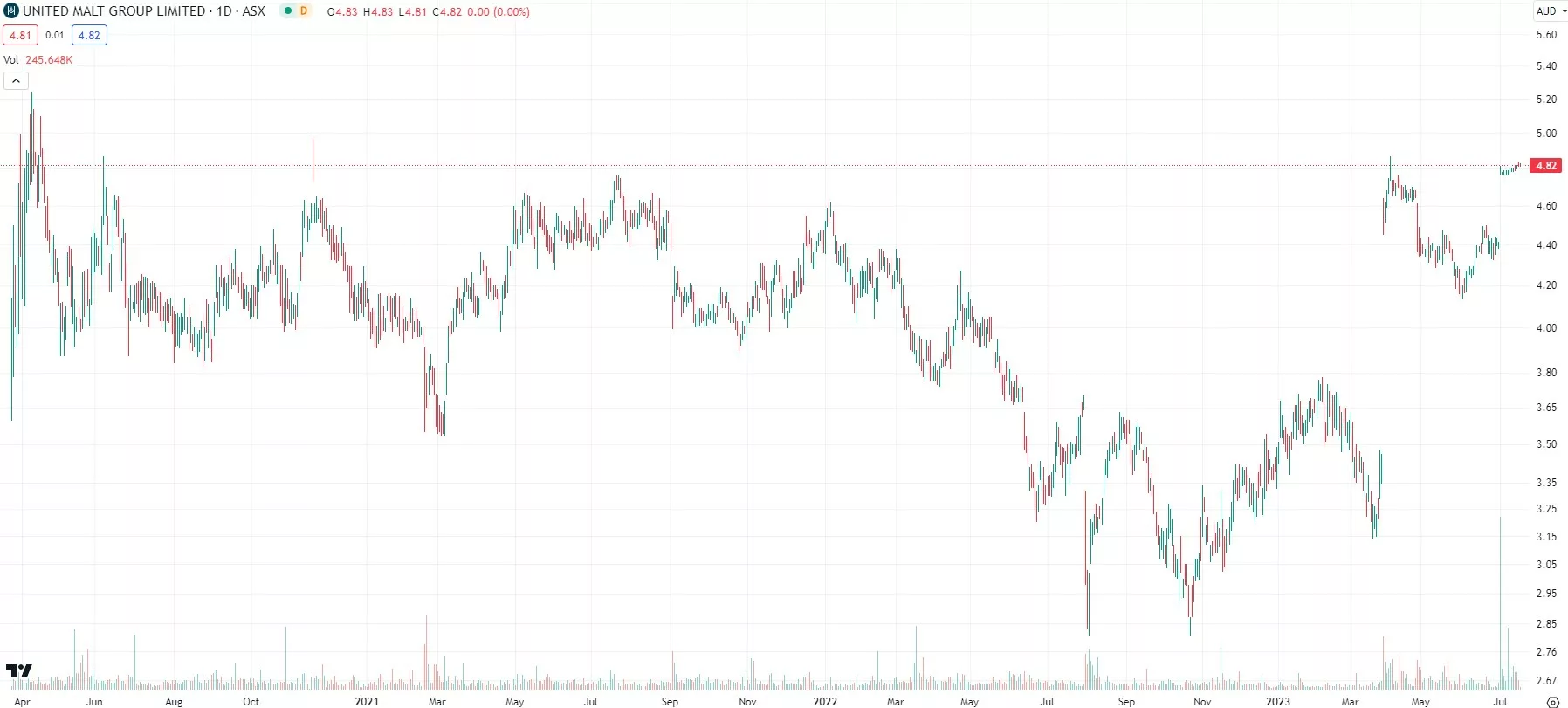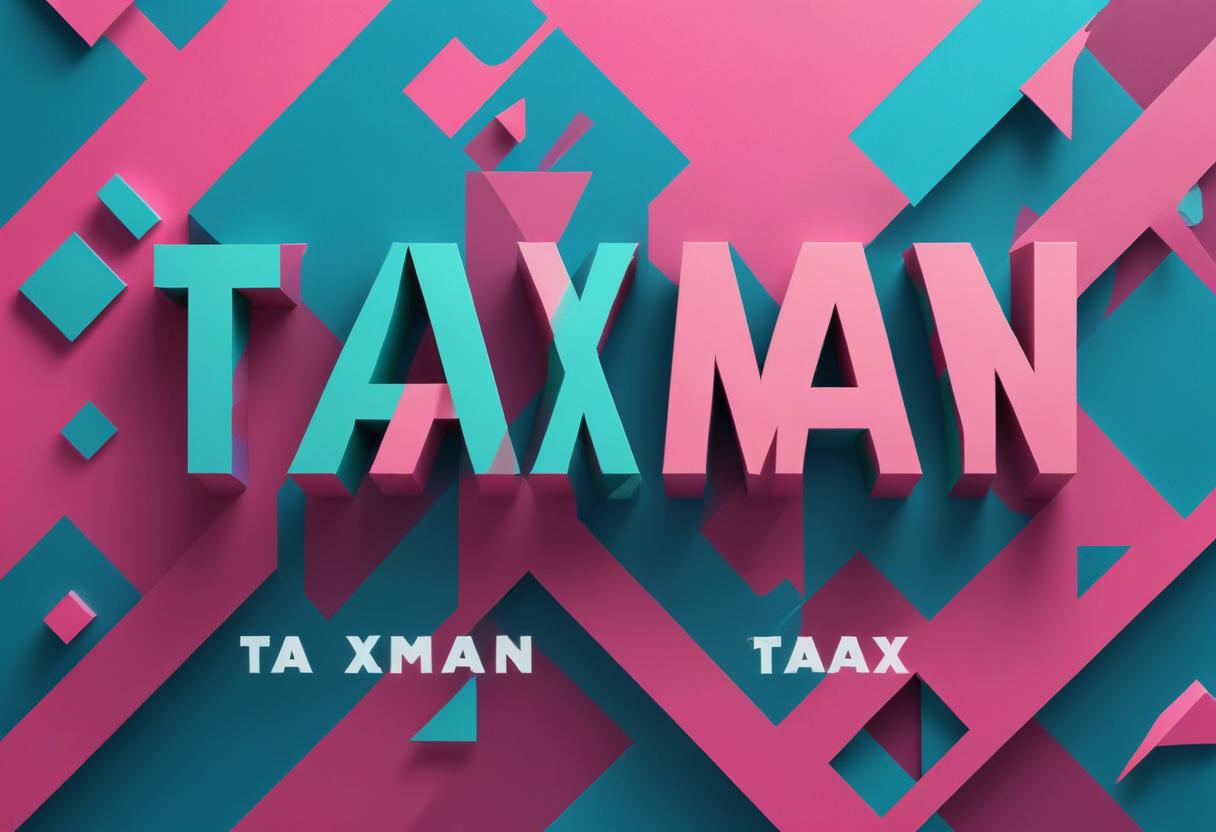Demergers … The 5 most famous break ups!
![]() Nick Sundich, July 20, 2023
Nick Sundich, July 20, 2023
Demergers are a common organisational restructuring tactic listed companies undertake. In this article we look at why companies undertake them and some of the most famous demerged companies on the ASX.
What are the Best ASX Stocks to invest in right now?
Check our buy/sell tips on the top Stocks in ASX
Why do companies undertake demergers?
Listed stocks demerge assets into new companies for a variety of reasons.
For instance, a company may be interested in unlocking shareholder value and improving the core competencies of its business by restructuring its operations. By separating out certain assets or divisions into separate entities, companies can focus more specifically on their core products or services while also improving financial efficiency.
Additionally, this type of corporate restructuring can make it easier to attract investors who specialize in specific types of investments. Furthermore, demerging assets into new companies can help capitalize on the asset’s potential as well as creating more opportunities for strategic partnerships with other businesses.
Finally, it also allows companies to quickly respond to changes in their markets and adapt to a rapidly changing competitive landscape.
Are demergers good or bad for shareholders?
It depends from company to company. All of them will tell you the deals will unlock shareholder value better. But this may not always happen. It will come down to the effectiveness of the management.
One reason a company may wish to demerge assets is because they are poor performers. They may be unable to hide underperforming assets and try and spin to shareholders that it’ll do better in a new company. But maybe those assets are so bad that even the best management team couldn’t optimise performance.
An early hint regarding how the demerged entity might go is if management leave the parent company to join the new demerged entity – they of all people would know where the value lies. Another is if the parent company retains a stake in the new entity.
With that out of the way, here are the 5 most famous examples on the ASX
Five of the most famous de-mergered companies
1. South32 (ASX:S32)
South32 was demerged from BHP Billiton in 2015 to create a separately listed global resources company focused on base metals. The new demerged company operates across five countries and provides strong exposure to commodities such as aluminum, complex copper ore, coal, manganese and zinc.
The main rationale for the demerger was that it would unlock greater value for shareholders and create a more focused business with an enhanced capacity to deliver long-term returns that would not be possible if the assets remained a part of BHP and hence second-tier assets.
The demerger has been successful in unlocking shareholder value, with South32’s share price appreciating significantly since listing. As of July 2023, the stock is trading at nearly double its IPO price, underscoring the success of the transaction.

South32 (ASX:S32) share price chart, log scale (Source: TradingView)
SIGN UP FOR THE STOCKS DOWN UNDER NEWSLETTER NOW!
The company reported a US$685m post-tax profit in 1HY23 and a 31.5% operating margin. South32 has also been successful in executing on organic growth plans and divesting non-core assets since launch, further enhancing its position as a leading global resources player.
2. Bluescope Steel
Going back to another demerger from BHP, done in 2002. BHP wanted to let go of its steel assets as they were underperforming and the move was spun as a way for both companies to unlock potential and create value for their shareholders.
Now there’s a lot of debate about whether this one was good or bad. Yes, Bluescope has become one of the largest steel producers in Australia. It has increased its production capacity by investing in new technology and expanding into new markets, such as Asia and the Middle East.
Unfortunately, shares crashed during the GFC and have still never recovered.
3. Asciano demerger from Toll
There’s no dispute that this deal was a dud. Asciano was demerged from Toll in 2007 in order to create two separate entities, each with a focus on their core businesses. Asciano specialized in rail and ports infrastructure while Toll focused on its logistics operations, allowing them to better compete within their respective markets.
Unfortunately, the demerger was not successful as expected and ended up costing investors billions of dollars. There were several reasons why the demerger failed. Firstly, when Asciano was created it had too much debt which hampered its ability to expand and grow. Secondly, since the company had limited capital resources, it was unable to invest in new technology or infrastructure which hindered its competitive position in a rapidly changing market environment.
Finally, due to the global financial crisis and economic downturn that followed soon after the demerger, Asciano’s share price significantly dropped leading to further losses for investors.
4. United Malt Group
This deal ended up…well, neutrally. Yes, the company has spent just over 3 years on the bourse and is set to be acquired at a higher price to what it was demerged at, $5 per share as opposed to $3.20 per share. But it was a hard road to reach this point.

United Malt Group (ASX:UMG) share price chart, log scale (Source: TradingView)
UMG, which supplies malt to the beer and whisky industries and is the world’s fourth largest company of its kind, was spun out of GrainCorp. Unfortunately, the spin out occurred just as the COVID pandemic commenced and its brewer and distiller clients cut back on expenditure. So shares lagged for most of its listed life.
Now it appears set to be taken over by French company Malteries Soufflet at $5 a pop, a slight premium to the price it was demerged at. And the parties have signed a binding deal that awaits an investor vote.
5. Coles
In 2007, Coles was bought by Wesfarmers for $19.3bn (worth over $28bn in todays money) in a deal that was then Australia’s largest corporate takeover (since superceded by the Afterpay acquisition in 2021). Just over a decade later, Wesfarmers spun it out again. If you want to look at just shareholder returns, there’s no dispute that it was a good deal for both parties. Both companies rose in the first 12 months after the demerger, creating $16.3bn in market value before dividends.
The argument that having a board exclusively focused on Coles would lead to better and faster decision making had indeed proven to be correct. The company undertook supply chain changes, refreshed its website, signed a revised fuel supply deal with Viva Energy and opened its first automated fulfilment centres.
The bottom line of demergers
Ultimately, whether or not the benefits of demergers are realised will depend on management execution more than anything else. The failure of Asciano’s demerger from Toll reveals that complex corporate restructuring efforts are often difficult to manage and carry considerable risks for shareholders and other stakeholders. The case serves as a stark reminder of how such decisions can have wide-reaching consequences if not executed properly.
However, the successes of other deals depict that demergers can be win-win situation.
Although it is anyone’s guess how a demerger will play out when a deal is first unveiled, investors should take hints from how much (if any) of the demerged entity the parent company keeps and whether management stay put or move to the demerged entity.
Stocks Down Under Concierge is here to help you pick winning stocks!
The team at Stocks Down Under have been in the markets since the mid-90s and we have gone through many ups and downs. We have written about every sector!
Our Concierge BUY and SELL service picks the best stocks on ASX. We won’t just tell you what to buy – we give you a buy range, price target and stop loss level in order to maximise total returns. And we will only recommend very high conviction stocks where substantial due diligence has been conducted.
Our performance is well ahead of the ASX200 and All Ords.
You can try out Concierge for 14 days … for FREE.
GET A 14-DAY FREE TRIAL TO CONCIERGE TODAY
There’s no credit card needed – the trial expires automatically.

Blog Categories
Get Our Top 5 ASX Stocks for FY25
Recent Posts
Here are the biggest tax implications of investing in stocks and how to slash your bill
The tax implications of investing in stocks are not often considered when you first start investing, although you may get…
Nufarm (ASX:NUF): Hit by lower commodity prices, adverse weather and Trump’s tariffs
Have some sympathy for Nufarm (ASX:NUF). Companies capped at over $1bn rarely plunge 30% after reporting results unless the results…
US Credit Downgrade 2025: Safe Havens or Sell-Offs for Investors?
The US credit downgrade in 2025 has sent ripples through global financial markets, raising serious questions for investors worldwide. When…




